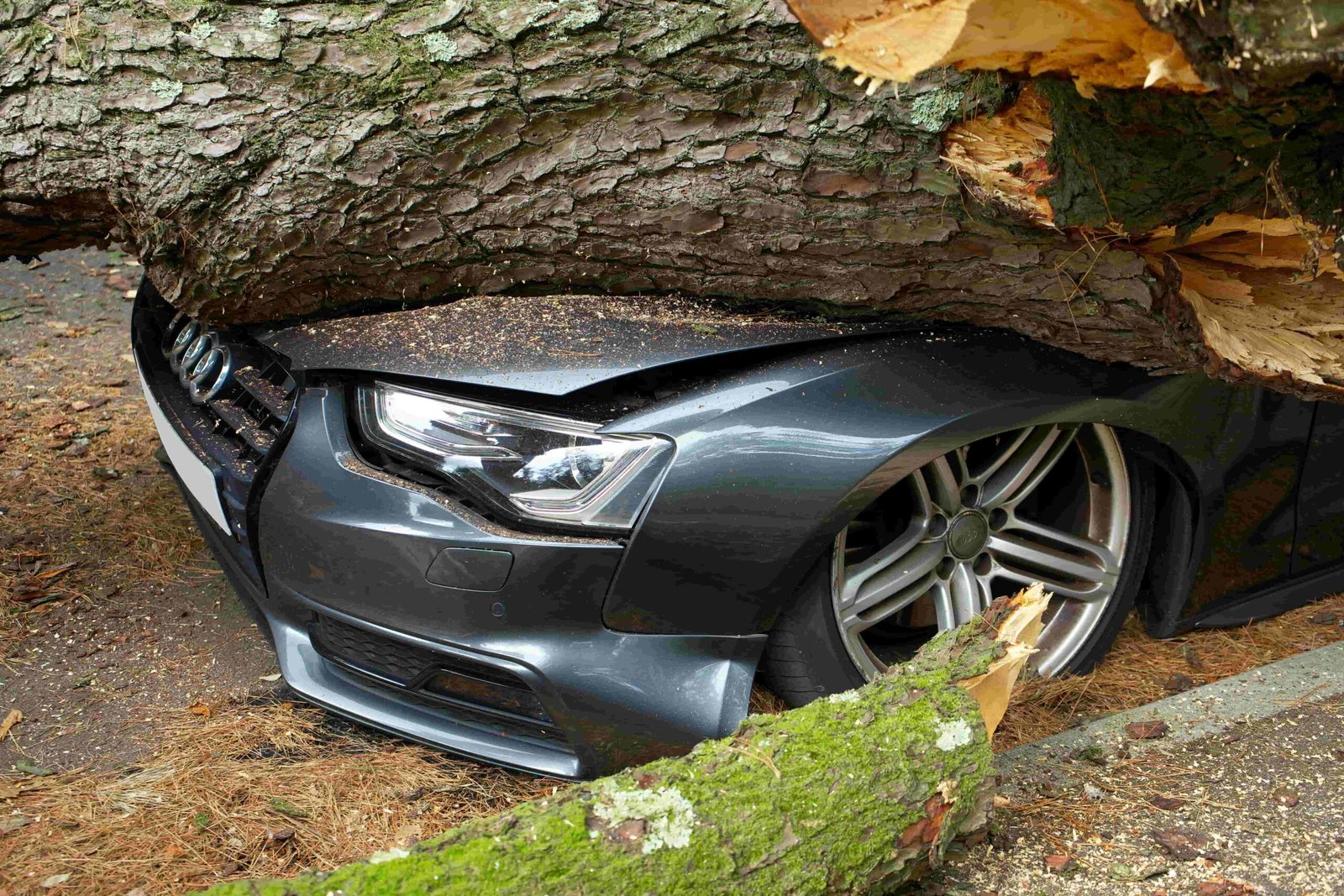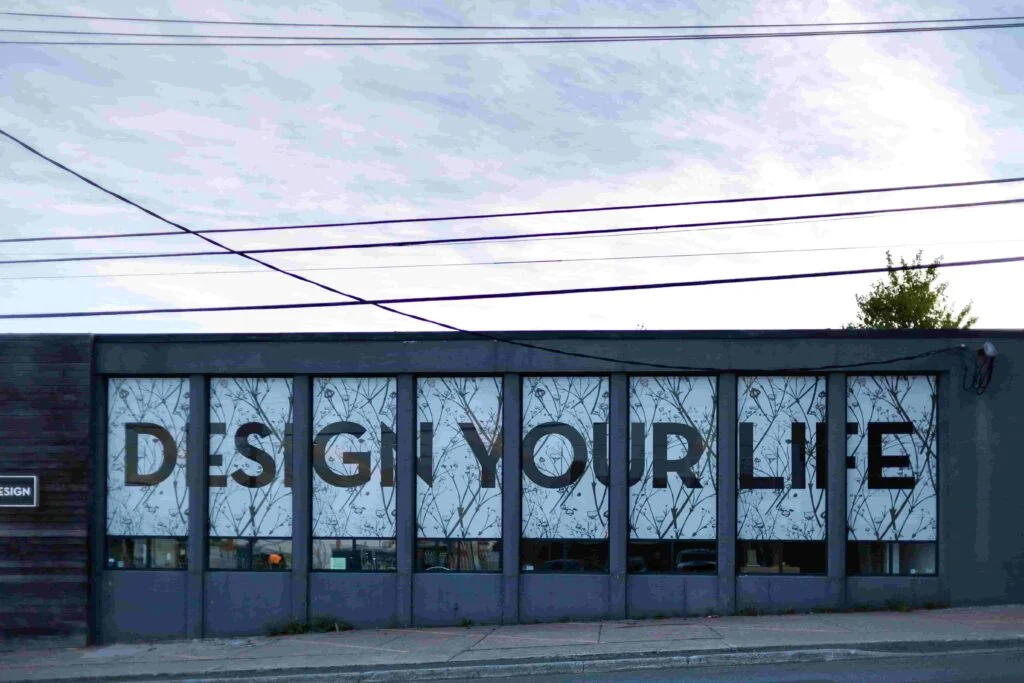Intro
Dealing with an automobile accident in any car insurance policy can be one of the most trying scenarios in the unfortunate event whereby one’s automobile is called a total loss. It will help you understand the claims process and how the insurance companies come up with such a situation. Examining the factors which lead to a car being categorized as a total loss by the insurance companies, how this situation arises, and what options you now possess in these sad circumstances is the main objective of this article.
Why Do Insurance Companies Total Cars?
Total loss settlements for cars include cars total loss primarily for monetary considerations. The particular claim type suited to this degree of damage total loss payment—applies only when the costs of restoring a vehicle surpass a certain figure or usable value. This is not an arbitrary decision: It can be reached only after assessing the present value of the vehicle and estimating repair costs.
In terms of damage recognition, the average level of losses, which can cause the car to be regarded as total ranges from 70% to 75% of its value within the insurance purpose. For another level of evacuation let us assume that your vehicle is worth ten thousand dollars and the estimated cost of repair is seventy-five hundred dollars. The insurance company will rather choose to total the car than actually risk spending that and possibly more. This strategy helps decrease their risk as well as expedite the resolution of the case.
How the Total Loss Assessment Works
The process of determining whether a car is a total loss involves several key steps:
- Initial Assessment: An insurance adjuster inspects the vehicle to evaluate the extent of the damage. They will look for structural issues, frame damage, and other significant impairments.
- Cost Estimation: The adjuster calculates the estimated repair costs using industry-standard pricing tools. This estimation considers both labor and parts.
- Market Value Comparison: The adjuster compares the repair costs against the current market value of the vehicle. This is often done using resources like Kelley Blue Book or NADA.
- Decision Making: Based on the assessment and calculations, the insurance company decides whether to total the vehicle or proceed with repairs.
Common Reasons for Totaling a Vehicle
Several factors can lead to a vehicle being declared a total loss:
- Frame Damage: If the frame is compromised, this may greatly affect the safety as well as the integrity of the vehicle.
- Extensive Body Damage: If body panels, consisting primarily of doors and fenders, suffer major internal damages then the cost of repairs is likely to shoot up very fast.
- Engine or Transmission Issues: Extreme physical breakdowns are very expensive to repair and oftentimes justify a total loss.
- Age and Condition of the Vehicle: Repairs of older cars that have numerous problems may justify the costs no more.
The Role of Auctions in the Total Loss Process
Immediately the car is regarded as a total loss; it usually goes to public auction instead. By way of salvage auctions, buyers can buy wrecked cars for a fraction of their most recent price technology. On some occasions, these vehicles may be mended and put back on the road creating a win-win situation for insurers and their clients.
Insurance firms have a way of recovering some of their expenses through these auctions. Repaired and sold for profit by clients, in most cases known as ‘flippers’, the cars incur expenditure before being sold. This cycle reflects the bigger economic picture concerning the total loss of vehicles.

What to Do If Your Car Is Totaled
It can be incredibly disconcerting to discover that your car has been written off the assumption. Here is how you can handle the situation.
- Understand Your Rights: Familiarize yourself with your insurance policy and state regulations regarding total loss claims.
- Gather Documentation: Keep a log of the maintenance and repairs done on your vehicle, as well as any changes that might add value to it.
- Negotiate with Your Insurer: If he is offered a lower value than his expectations and he is convinced that the level of his car’s insurance value is up high, he should offer a case with documentation.
- Consider an Appraisal: In the event of an unsuccessful negotiation, you can invoke the appraisal clause provided in the policy by hiring the appraisals of an independent appraiser instead of the insurer.
Understanding Actual Cash Value
Since your car is fully wrecked, the car insurance company is required to indemnify you with actual cash value ACV. ACV is the vehicle’s worth at the time of loss minus depreciation. This may be a disadvantage if you think the amount that the amount offered is rather low.
Factors that influence ACV include:
- Make and model of the vehicle
- Condition of the vehicle before the accident
- Market trends in your area
- Any aftermarket modifications or enhancements
Keeping Your Totaled Car
If you want to retain your totaled vehicle, you must notify your insurer. The payout will be reduced by the extent of the salvage value. If you think you can restore the vehicle for a smaller amount than what the insurance company is willing to give you, you may go for this option.
However, consider the following:
- Salvage Title: If you wish to keep the vehicle, a salvage title will be issued which will, however, reduce its resale value.
- Repair Costs: Consider the costs associated with repairs. Ask yourself if you can pay these costs and whether you will get enough money when you sell the vehicle after the repairs have been carried out.
- Insurance Implications: Check how retaining a totaled vehicle may affect your insurance policy moving forward.
Final Thoughts
Unfortunately, the total loss process is rarely uncomplicated especially if I am quite attached to the vehicle. However, getting information about what total loss means, how insurers work, and what you are entitled to, can motivate you during this trying phase.
Always bear in mind that even when faced with such situations, you have options. You just need to ensure that when dealing with the insurance company, keeping the car, getting the maximum appraisal, or any of their other options, it is in your best interests.
For any other necessary follow-up, find someone knowledgeable in the area who can give you more information specific to your needs.
Read More : Understanding the Filing Insurance Claims and Deadlines
In conclusion, a situation where a person faces a strict total requirement is often not pleasant. However, a paradigm of this procedure does exist since it can make one feel comfortable in such scenarios. Insurance companies consider a motor vehicle to be a total loss when the “reasonable costs of repair” amounts to a percentage usually varying between 70% and 75% of the market value of the automobile. The same fundamentals determine how insurers settle claims appraise damages, estimate a repair, and valuation of appliances.
In case your vehicle has been damaged beyond repair due compensation has been provided, here are some of the likely outcomes: you accept the payout, or if you feel the amount is not commensurate with the loss, you can undertake to protest this settlement or retain the vehicle with a salvage title. Understanding your entitlements and alternatives may assist you in better processing the facts most favorably. Finally, although controversially distressing, dealing with a car wrecked – remains a risk. But if one keeps a level that will foster a rapid resolution.
FAQs : A Comprehensive Guide to Total Loss Car Insurance
Q. What does it mean if my car is a total loss?
A. A vehicle is considered a total loss when the expense that has to be incurred for the repair of the vehicle goes over and beyond any additional worth, value, or market return that could be fetched further. For this situation, the guarantor will pay you the current market worth of the vehicle instead of fixing it.
Q. How do insurance companies decide if my car is totaled?
A. The fixations of the vehicle are moved to the market by the insurance companies. Conversely, when the expense surpasses 70-75% of the worth of the vehicle, they endeavor to discount the vehicle as a complete misfortune.
Q. Can I keep my car if it’s totaled?
A. Of course, the automobile can be kept, but the amount will be deducted from the insurance. The car will also be equitable as salvage, which will affect the resale value as well.
Q. What is the Actual Cash Value (ACV)?
A. ACV is the car value considering depreciation as of the date of the accident. This is the compensation sum that will be tendered by the insurance company in a total loss settlement.
Q. What should I do if I disagree with the total loss payout?
A. In case you feel that the amount of compensation payable is insufficient, either deal with the insurance company or get someone independent to assess the worth of your vehicle and give an independent appraisal as it were.

















Pingback: Understanding the Trends in Car Insurance Prices